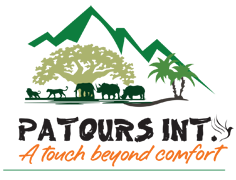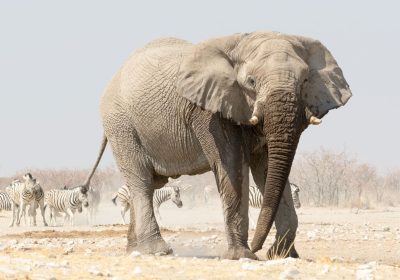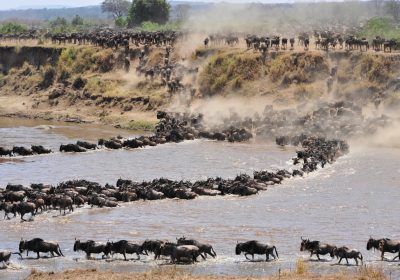Back
EN / USD
Language
Currencies

Kenya
Kenya is one of the top tourist destinations in Africa, famous for its unforgettable safari experiences, rich cultural diversity, and stunning natural beauty. From the world-famous Maasai Mara National Reserve, where the spectacular Great Wildebeest Migration takes place, to the serene shores of the Indian Ocean beaches in Diani, Watamu, and Lamu, Kenya offers something for every traveler. Adventure seekers can enjoy thrilling wildlife tours in Amboseli and Tsavo, while culture lovers can connect with over 40 unique ethnic communities. Whether you’re searching for luxury safari holidays, family travel, or beach getaways, Kenya is the perfect gateway to authentic African travel experiences.
5 tours in Kenya
Login to use
Login to use
Showing 1 – 10 of 10 tours found
FAQ’s about Kenya
Have more questions? Contact us.
Do I need a visa to enter Kenya?
Yes—Kenya uses an Electronic Travel Authorization (eTA) system that replaced the visa-on-arrival procedure. Most travelers must apply online before their trip, pay a small fee, and receive approval prior to departure. Proof of accommodation or invitation may be required, and travelers from yellow fever risk regions must also present a certificate.
What vaccinations are required or recommended?
A Yellow Fever vaccination certificate is mandatory for visitors arriving from or transiting through risk areas. Other recommended vaccinations include Hepatitis A/B, Typhoid, Tetanus, Polio, and Rabies. Taking antimalarial medication is strongly advised.
When is the best time to visit Kenya for safaris?
The dry seasons—June to October and December to March—are ideal for wildlife viewing, as animals gather around water sources. The Great Wildebeest Migration in the Maasai Mara peaks from July to October.
What should I pack for a Kenya safari?
Bring neutral-colored clothing (beige, khaki, light brown), layers for early mornings and evenings, a wide-brim hat, sturdy shoes, sunscreen, insect repellent, binoculars, and a good camera. A reusable water bottle is also recommended due to the ban on single-use plastics.
Is Kenya safe for tourists?
Yes—Kenya is generally safe for visitors, especially in major safari parks and tourist areas. However, it’s wise to stay alert against petty crime, avoid isolated places at night, and travel with reputable guides and tour operators.
What languages are spoken in Kenya?
Swahili is the national language, while English is also widely spoken, especially in cities, hotels, and tourist destinations.
What should I know about tipping, bartering, and etiquette?
Tipping: Common but not mandatory. Around 10% is standard in restaurants, with small amounts for guides, porters, and drivers. Bartering: Expected in local markets. Start low, be polite, and enjoy the process. Photography etiquette: Always ask permission before taking photos of people or sensitive sites.
Can I combine safari and beach time in Kenya?
Absolutely! Many visitors enjoy combining a wildlife safari in Maasai Mara, Amboseli, or Tsavo with a relaxing stay on the Indian Ocean beaches such as Diani, Watamu, or Lamu. Contact us today to arrange your next travel adventure with Patours International.
Latest stories
Planning a family safari in Africa? Great choice! Safaris aren’t just for...
Namibia is famous for its Etosha safari, but this country offers so...
Both Tanzania’s Serengeti and Kenya’s Masai Mara are legendary safari destinations, attracting...













